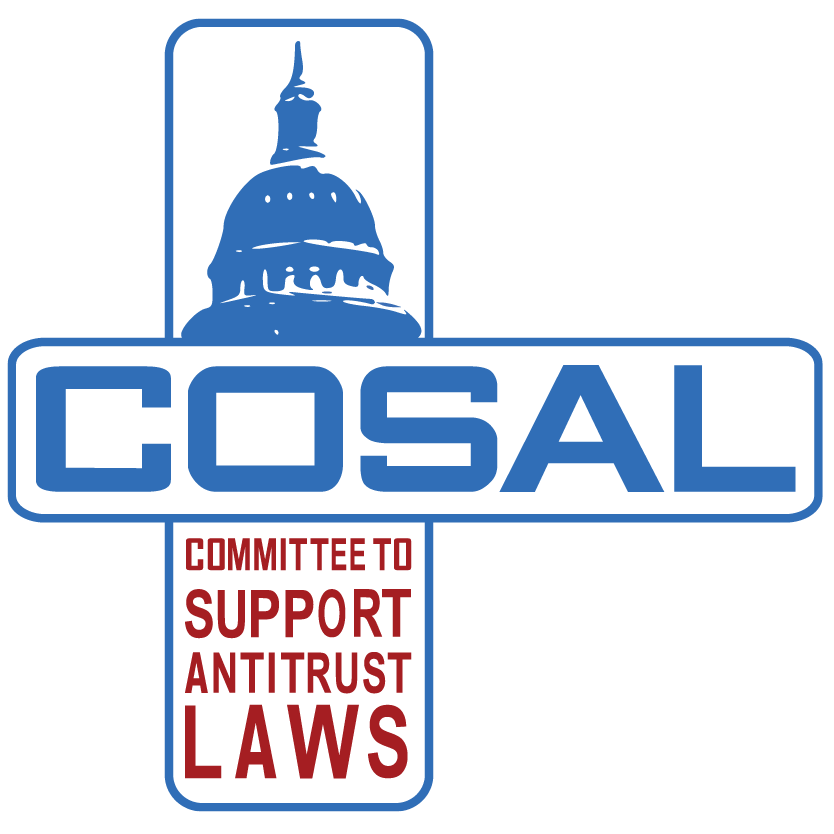Amicus Brief: PHHHOTO Inc]. v. Meta Platforms, Inc. fka Facebook, Inc.
In Phhhoto v. Meta, plaintiffs alleged that Meta fraudulently concealed their anticompetitive conduct in the Personal Social Networking Services’ market. The district court dismissed the complaint, saying that Phhhoto failed to support its claims within the statute of limitations. COSAL wrote that the district court prematurely rejected allegations of fraudulent concealment and set too high of a standard to successfully assert these claims. It is common for defendants to conceal anticompetitive actions for longer than the statute of limitations. Consequently, courts often allow fraudulent concealment claims to proceed past the motion to dismiss phase and to discovery. As such, the court’s decision punished plaintiffs for defendants’ concealed actions. Since Phhhoto did not have all the facts, they could not both file within the limitations period and comply with Rule 11. On one hand, filing the case later risked dismissal due to statute of limitations rules. On the other hand, filing the complaint earlier risked Rule 11 sanctions due to filing before obtaining all the facts. Therefore, COSAL argued that the district court should reverse their decision, as fraudulent concealment claims should toll the statute of limitations so that antitrust cases are not thrown out before a complete investigation. Gregory Asciolla, Robin van der Meulen, Nada Djordjevic, Amy Keller, Kristen Marttila, and Victoria Sims wrote this argument.

